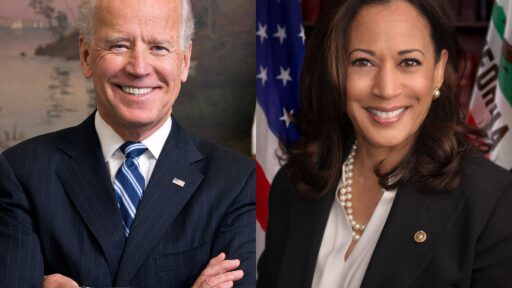What strange timing.
The Biden-Harris administration has dramatically expanded its “Lawful Pathways” program, which aims to facilitate the entry of thousands from Latin America into the United States. This initiative, bolstered by the Safe Mobility Office Initiative launched in May 2023, has significantly increased the number of individuals being admitted through the refugee resettlement process.
According to a recent analysis by the Center for Immigration Studies (CIS), this program has led to the admission of tens of thousands of people from various Latin American nations, including Haiti, Venezuela, Nicaragua, Cuba, Guatemala, Ecuador, and Colombia. In the first year alone, U.S. Citizenship and Immigration Services (USCIS) and the United Nations established offices in Ecuador, Colombia, Costa Rica, and Guatemala. These offices granted refugee status to approximately 21,000 individuals from seven Latin American countries, with about half of them having already arrived in the U.S. as of May 2024. The program has been further expanded to include migrants from Honduras and El Salvador.
Traditionally, U.S. refugee status has been reserved for individuals who can demonstrate a “well-founded fear” of persecution due to skin color, religious beliefs, nationality, politics, or ties to a particular group. However, the CIS report suggests that many of those being admitted under this program might be more accurately categorized as economic migrants rather than refugees. A 2024 survey by the Mixed Migration Centre indicated that 90% of the participants were seeking better economic opportunities and living standards, rather than fleeing persecution.
The administration has also increased the cap on refugee admissions from Latin America from under 5,000 at the beginning of Biden’s term to 50,000 for 2024. Marta Youth, principal deputy assistant secretary for the State Department’s Bureau of Population, Refugee and Migration, described this as a historic increase, aiming to resettle up to 50,000 individuals in the fiscal year 2024—a 450% rise from the previous year.
The administration argues that this expansion helps mitigate the risks associated with illegal migration by providing a safer, legal alternative for those seeking entry into the U.S. However, critics argue that this expansion undermines the traditional refugee process. Lora Ries, director of the Heritage Foundation’s Border Security and Immigration Center, criticized the program as an abuse of the U.S. refugee system, suggesting that the accelerated processing of applications compromises thorough vetting. She noted that the current process, which can complete some applications in days, is a far cry from the previous standard, which took around a year or more.
Ries also warned that this rapid processing could pose risks to national security and questioned the effectiveness of vetting under such expedited conditions.







